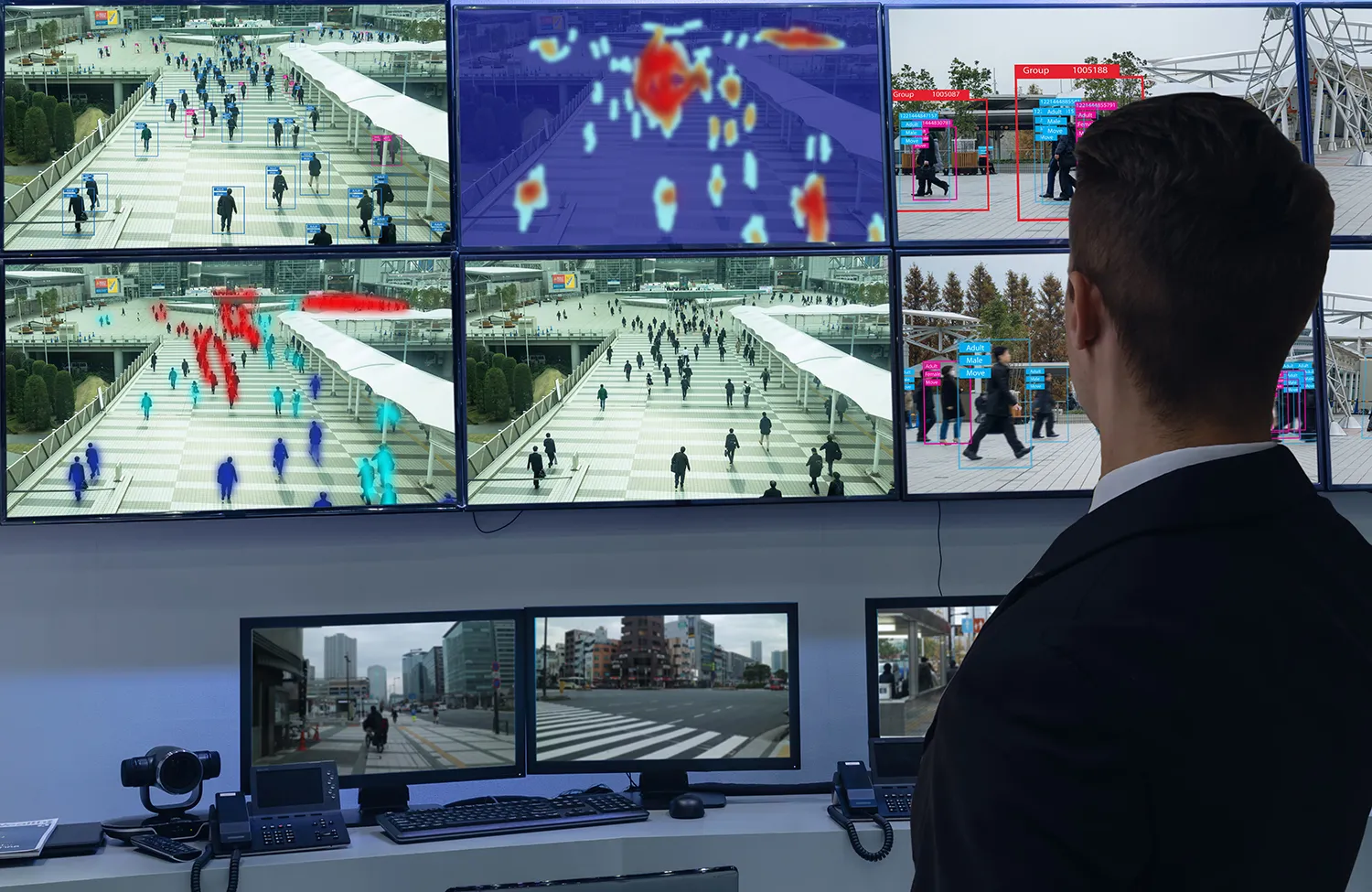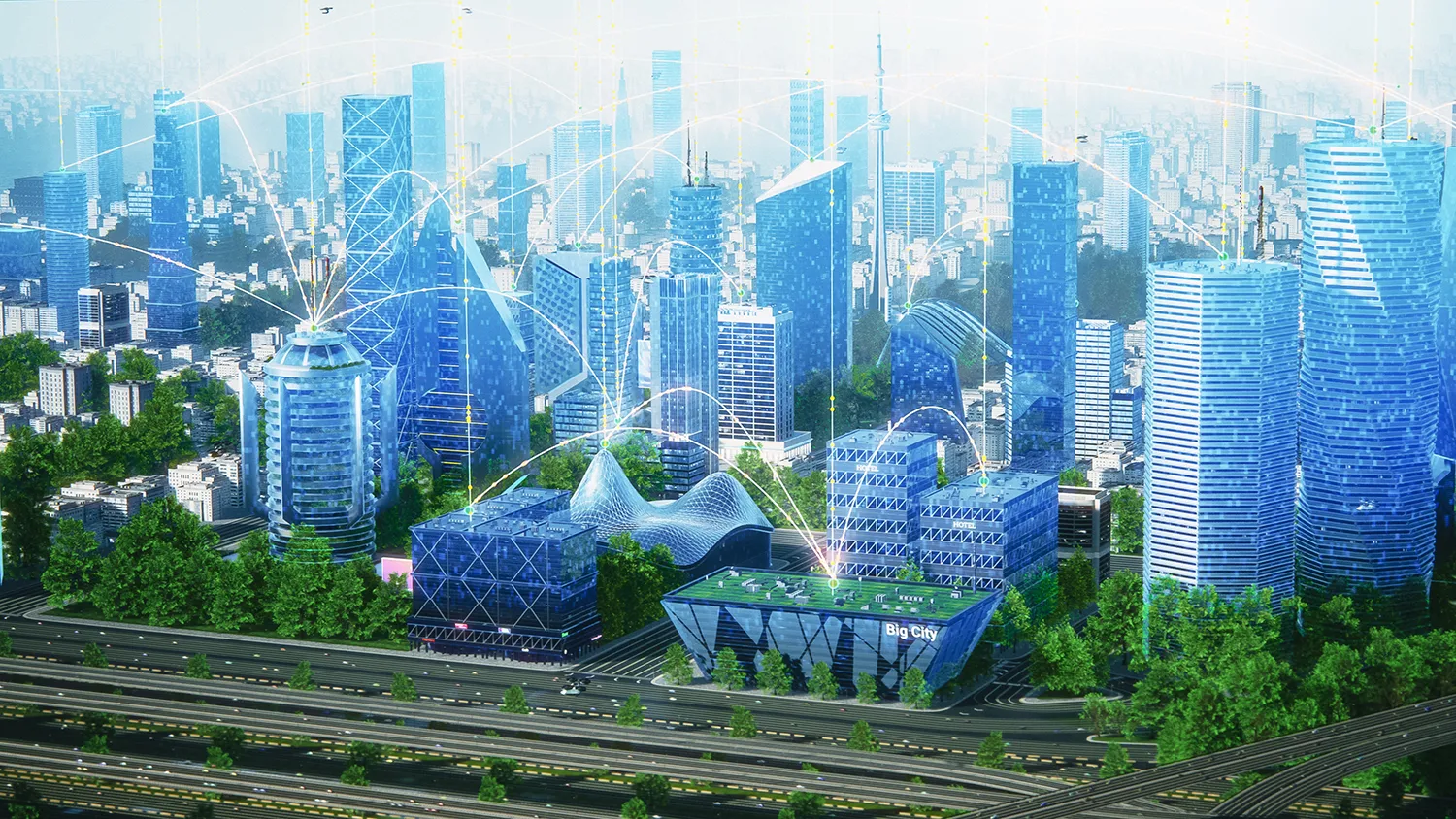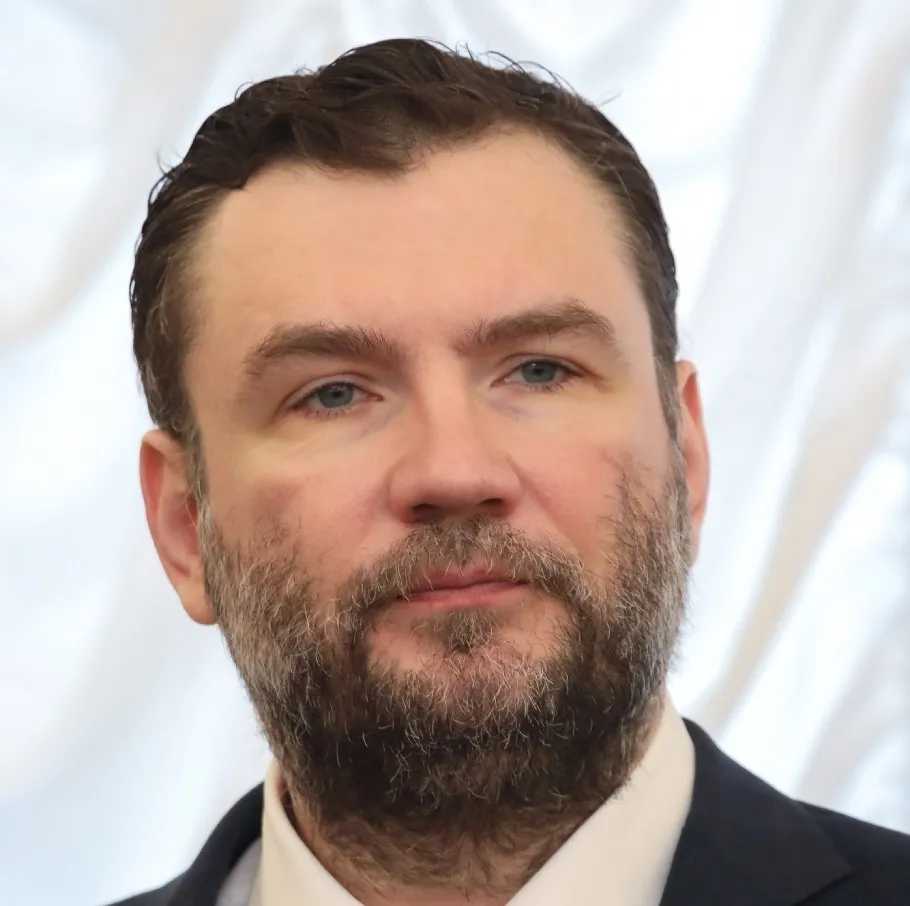St. Petersburg Elevates Smart Housing and Utilities Cases to the Federal Level
At the All-Russian Forum on Housing and Utilities Development, St. Petersburg showcased AI-driven projects and digital platforms that are already reshaping city management—and could soon scale nationwide.

AI Enters into Dialogue with Citizens
At the forum’s plenary session, St. Petersburg Deputy Governor Evgeny Razumishkin outlined the city’s ongoing digital transformation projects in the housing and utilities sector. He highlighted the creation of a Unified Coordination Platform that covers 94% of all excavation work and a unified information system for state-owned management companies. These systemic tools have significantly increased transparency in urban management.
One of the most important initiatives has been the integration of the GigaChat neural model into the city’s Unified Information and Settlement Center (EIRC). A cooperation agreement among Sberbank, the Housing Committee, and EIRC St. Petersburg was signed at the St. Petersburg International Economic Forum in June 2025.
AI functions as a smart search engine: it generates answers to common resident inquiries, assists with applications, and helps transmit utility meter readings. For EIRC staff, the system automates reporting, routing of requests, and internal workflows. As Razumishkin noted, this allows the city to “significantly optimize apartment building management processes while improving the quality of communication with residents.”

Digital St. Petersburg
Another breakthrough has been the “Gorodovoy” neural network, launched last year to automatically detect urban maintenance violations. The system recognizes 15 types of issues, from potholes and graffiti to overflowing trash containers.
Data is gathered via city surveillance cameras and specially equipped vehicles that travel 30–40 kilometers daily on planned routes. Once violations are detected, the system structures the data and sends it to the City Management Control Center, which forwards tasks to utility services for resolution.
Digitalization is also advancing in construction management. St. Petersburg’s Unified Construction System has cut developer costs by 30% through automated workflows and accelerated regulatory reviews by 1.5 times.

Experience to Be Replicated Across Russia
The city’s results attracted wide interest from regional representatives at the forum. St. Petersburg’s solutions are ready for scaling: AI-supported utility call centers and neural network–based urban monitoring can be adapted for other Russian municipalities.
Locally, development will continue. Plans include bringing GigaChat in EIRC into full-scale operation, further reducing response times and operator workload. Gorodovoy will also be upgraded to detect additional categories of violations.
Toward a Single Service Window
Future integration with the “Our St. Petersburg” city portal will create a unified access point for citizens, where they can not only report problems but also track resolution status. This mirrors global smart city trends where digital services enhance resident comfort and engagement.

The cases presented by St. Petersburg demonstrate that digital transformation in housing and utilities is no longer experimental—it is delivering tangible benefits today. The city’s experience may serve as the blueprint for nationwide solutions in the coming years.










































